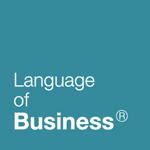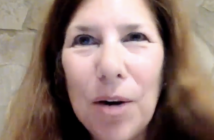The New York Times has run some great articles this summer on foreign language learning: inventive learning tools, the trials and tribulations of study, and curriculum revisions. Although my hobby, I wish I could still claim that “success” is directly connected with some proprietary memorization formula, secret implant chip or cosmic connection. It isn’t. Achieving fluency in another tongue requires the same approach you have, or will use, to master geometry, pass the Bar or break 80 on the golf course: repetitive practice and rejecting any stigma associated with seeking outside help (from competent instructors).
Whether first thing in the morning, during lunch or before I go to bed, I try to eek out a collective hour of study time on a different language. The activities change daily– watching the news, reading business articles online or reviewing grammar– with the only constant being a dictionary in arm’s reach. While clearly a time sink and the daily accomplishments amounting to nothing more than minuscule progress, over time the dividends from your return-on-effort will be priceless, and ongoing.
Last week I met with one of our recent MBA grads, a few hours before his flight home, seeking to find employment in China’s investment banking world, and introduced him to some of my finance industry contacts. This week I’ve been negotiating Japanese hotel prices for our 2015 IME trip. Next week I’ll begin working on the curriculum for my European class on international business. While everyone speaks English, I find it sends the right, professional message to express yourself in your counterpart’s native tongue, even if in pidgin form, at best.
So… keep it at, don’t get discouraged, and definitely buy your overseas plane tickets as soon as possible. Nothing was more gratifying than hearing our 12-year old’s assessment of life in Osaka, last year, when I armed him with a few, key Japanese phrases before his trip: “Dad: I said 今日は (hello) and they responded in Japanese, too. It actually worked!”




